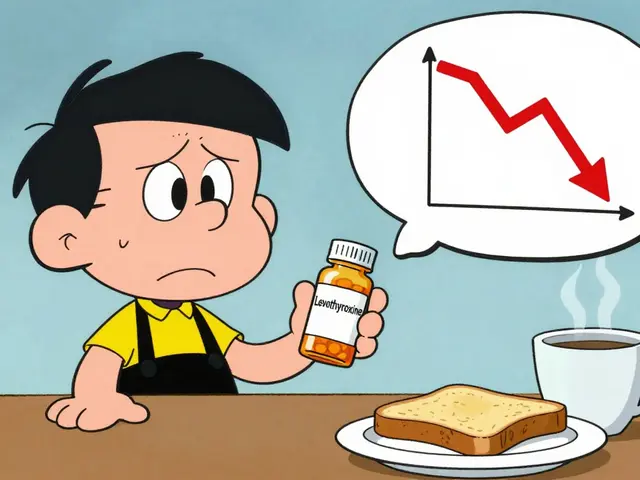Betamethasone: Uses, Forms, and What to Watch For
When working with Betamethasone, a powerful synthetic corticosteroid that cuts inflammation and calms overactive immune systems. Also called betamethasone valerate, it’s available as a cream, eye drop, oral tablet, or injectable.
Betamethasone belongs to the broader class of corticosteroids, steroid hormones that mimic the body’s natural cortisol. As an anti‑inflammatory agent, it’s frequently prescribed for eczema, psoriasis, and other skin conditions that flare up with redness and itching. It also helps manage asthma attacks, allergic rhinitis, and joint pain caused by rheumatoid arthritis. If you’ve ever wondered why a cream can calm a rash overnight, the answer lies in Betamethasone’s ability to suppress local immune activity.
Delivery matters. The drug comes in several dosage forms, including topical creams, oral tablets, and intramuscular injections. Topical preparations are ideal for mild dermatitis, while oral or injectable routes target severe systemic inflammation, such as in ulcerative colitis or severe asthma exacerbations. Knowing which form fits your condition can prevent unnecessary exposure and reduce the chance of side effects.
Speaking of side effects, Betamethasone isn’t without risks. Common issues include skin thinning, easy bruising, and stretch marks when used on the body for long periods. Systemic use can suppress the adrenal gland, leading to fatigue, low blood pressure, or difficulty handling stress. Rarely, patients experience mood swings or elevated blood sugar, which can complicate diabetes management. Recognizing these signals early lets you and your doctor adjust the dose before problems get out of hand.
Drug interactions add another layer of complexity. Non‑steroidal anti‑inflammatory drugs (NSAIDs) can increase the risk of stomach ulcers when combined with oral Betamethasone. Live vaccines may be less effective, and certain antifungal medications can raise steroid levels in the bloodstream. Always list every medication you take, from prescription pills to over‑the‑counter supplements, so your clinician can spot potential clashes.
Medication tolerance also plays a role. Over time, your body may become less responsive to the steroid’s effects, prompting a higher dose to achieve the same relief. This tolerance mechanism is why doctors often prescribe the lowest effective dose for the shortest time possible. If you notice that a once‑effective cream no longer works, it might be time to discuss tapering or switching to a different class of anti‑inflammatory.
Special populations need extra care. Pregnant or nursing mothers should avoid high‑dose systemic Betamethasone unless the benefits outweigh the risks to the baby. Children metabolize the drug faster, so pediatric dosing is usually lower and more closely monitored. Older adults may be more prone to bone loss, so calcium and vitamin D supplements are often recommended alongside steroid therapy.
Below, you’ll find a curated list of articles that dive deeper into these topics—from how side effects can fade with tolerance, to practical safety tips for hot weather when you’re on diuretics, and even guidance on buying generic medications online. Use them as a roadmap to make informed decisions about Betamethasone and related treatments.




